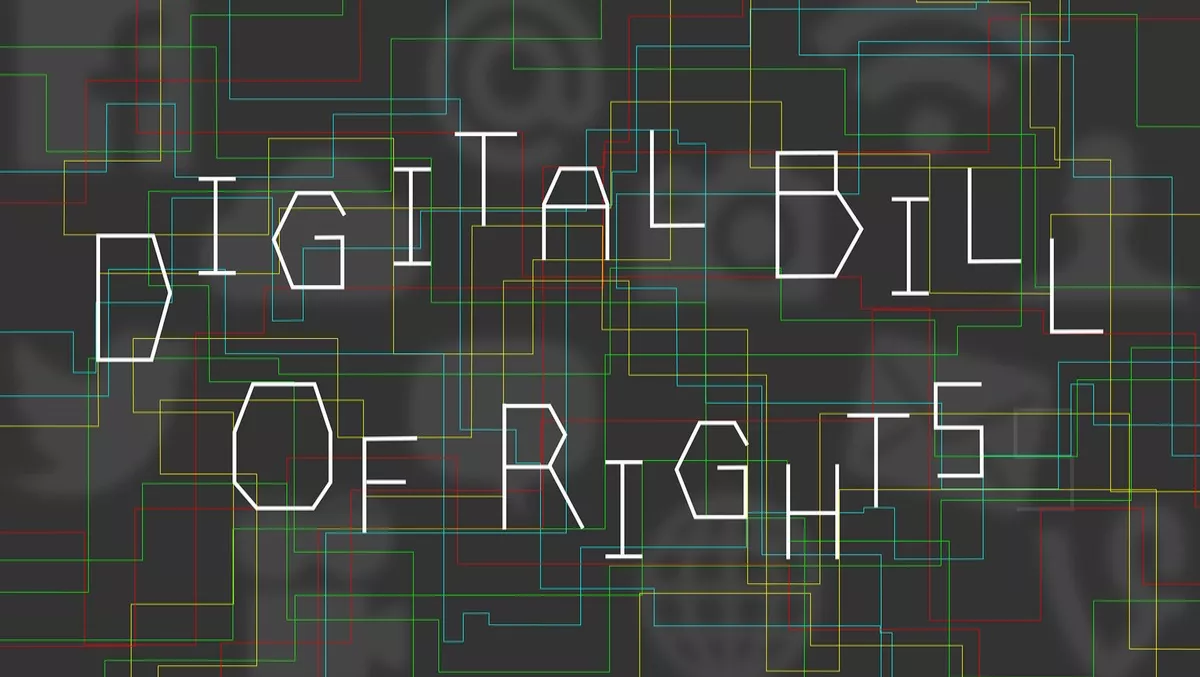Citizens will have their access to the internet guaranteed and be protected from blanket mass surveillance under Labour’s proposed digital bill of rights, according to new plans released this week.
“Kiwis are technology-savvy people who rely on the internet for fundamental daily activities such as banking and communicating with friends, family and colleagues," says David Cunliffe, Party Leader and ICT spokesperson, Labour.
“Unfortunately the legal framework to protect New Zealanders’ online hasn’t kept up with the pace of technology.
“Labour will work with stakeholders to develop a digital bill of rights which would address these concerns while making New Zealand a more stable and secure place for businesses to use and store data."
Cunliffe believes the highlighting of international mass surveillance by Edward Snowdon and concerns around the practices of the Government Communications and Security Bureau has left many Kiwis feeling their online information is vulnerable.
“Such legislation would protect people from the digital equivalent of warrantless phone tapping," he adds. "While it wouldn’t override current GCSB powers, it would set a principle which would be used to replace the Government’s controversial new legislation.
“It would also guarantee freedom of expression, thought, conscience and religion, while still outlawing hate speech.
“Accessing the internet is now an essential part of modern life. Labour will explore means of increasing public internet access -such as through libraries and Wi-Fi hotspots - to ensure all Kiwis can go online when they need to.
“Labour is also looking into whether such a bill could be used to stop companies selling people’s online information without permission. This has become an issue in the United Kingdom where health data was sold and such protections are being examined in the United States.
“A digital bill of rights would put New Zealand on a path towards being a digital world leader and prepare us for the online future."


